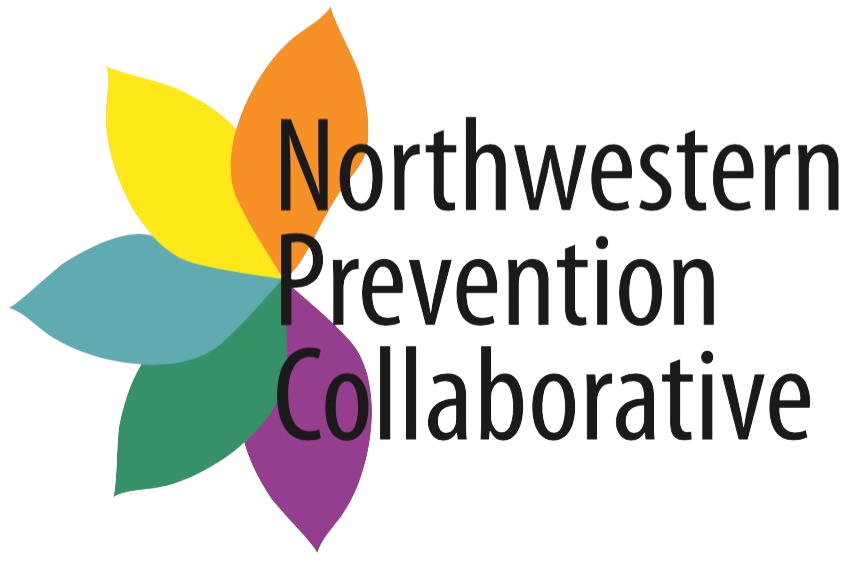It can be hard to feel like we’re reaching our teenagers when we talk with them. The sighs, the rolling eyes, the snarky responses…it all screams that we’re wasting our breath.
But we’re not.
Research has shown that our perceived approval or disapproval actually matters a lot to our kids. (Believe it or not, they’re actually less likely to drink alcohol if they know you’ll disapprove of it.) You would think that since we care about them, and they care about our approval, conversations would be easier! However, at the same time, our teens are trying to assert their independence and come to grips with the fact that their fun-filled childhood is behind them and ahead is a life that can be pretty intimidating in its demands. Not to mention all the social and academic pressures, the athletics…you get the idea.
There are a few things you as a parent (or an adult friend/mentor!) can do to help ease that transition and keep the conversation flowing:
- Listen, don’t just hear. We hear things around us all the time. Right now, you hear something where you are, but you aren’t paying attention to it—you aren’t listening to it. The same applies to your teen. Pay attention to where you are right now. List what you hear and describe where it’s coming from. Now you’re listening. Your teen deserves that level of attention. Don’t just hear their response. Listen to the tone, look at their face, read their body language. Give them your full attention.
- Keep the conversation going. Related to the concept of hearing versus listening, sometimes we get in the habit of saying things such as “How was your day?” and getting the response of, “Fine,” and we let the conversation stop there. Don’t let it stop! Delve deeper. Who did they hang out with? How are their friends doing? Anything interesting happen in class? Anyone get in trouble? (In this one case, it is okay to encourage your teen to be a gossip!) Are there assignments coming up due? There are always stories and things to share. “Fine,” cannot adequately describe all of the many hours since you last saw them.

- Treat them with respect. My parents were absolutely beloved by my friends. When I commented on it once, they replied that it was because they treat teens like adults. In other words, they treated my friends with respect, they listened to them, and they acted like my friends mattered. How often do we brush our own teens aside because we’re caught up in work, or reading something on our phone, or watching a movie, etc.? Do we unintentionally tell our kids they’re not as important as what we’re doing? It’s easy for that to happen in today’s fast-paced, social media-driven world.
- Don’t shy away from the hard conversations, but keep it respectful. Your teen is not you. They are going to have different opinions, ideas, and beliefs. Listen to them without getting defensive. That can be very difficult, but it can help to remember that their beliefs are not a reflection of their opinion of you. Ask questions about why they feel or think that way. Share your experiences or knowledge with them. Research things together. Chances are, you will both learn something!
- It’s got to be on their timetable. For some reason, teens always end up wanting to talk late at night when we’re exhausted. When my son’s friend decided to start ignoring him, I didn’t hear about it in the first day or two. I heard about it weeks after it began, at nearly 10 pm, when my son was supposed to be in bed and I was about to head for the shower. For him, that was when it boiled over. That was when he needed to talk. And that’s when I needed to listen.
Keep in mind that what you bring to every conversation is your own baggage, and that can heavily impact how you’re reacting to things your teen says. And in asserting their independence, maybe they’re pushing your buttons a bit…or a lot.
It can help to better understand yourself, your own past, and your triggers, as well as those of your child’s. We offer a few free classes that can help with that: Understanding ACEs (for an overview of Adverse Childhood Experiences, or ACEs, see this article), and Trauma-Informed Training.
To help you start those hard conversations about preventing drug and alcohol misuse, check out SAMHSA’s app.




Comments are closed.